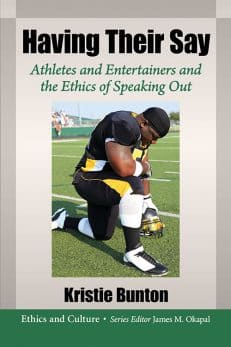Miyazaki’s Animism Abroad
The Reception of Japanese Religious Themes by American and German Audiences
$19.99
In stock
About the Book
After winning an Oscar for Spirited Away, the Japanese director Hayao Miyazaki’s animated films were dubbed into many languages. Some of the films are saturated with religious themes distinctive to Japanese culture. How were these themes, or what Miyazaki describes as “animism,” received abroad, especially considering that they are challenging to translate? This book examines how American and German audiences, grounded on Judeo-Christian traditions, responded to the animism in Miyazaki’s Nausicaä of the Valley of the Wind (1984), My Neighbor Totoro (1988), Princess Mononoke (1997), Spirited Away (2001), and Ponyo on the Cliff by the Sea (2008). By a close reading of adaptations and film reviews, and a study of transitions in their verbal and visual approaches to animism, this book demonstrates that the American and German receptions transcended the conventional view of an antagonistic relationship between animism and Christianity. With the ability to change their shapes into forms easily accessible to other cultural arenas, the anime films make a significant contribution to inter-religious dialogue in the age of secularization.
About the Author(s)
Bibliographic Details
Eriko Ogihara-Schuck
Format: softcover (6 x 9)
Pages: 240
Bibliographic Info: 17 photos, notes, bibliography, index
Copyright Date: 2014
pISBN: 978-0-7864-7262-8
eISBN: 978-1-4766-1395-6
Imprint: McFarland
Table of Contents
Acknowledgments ix
Preface: Anime as a Medium of Inter-Religious Dialogue 1
Introduction: Animism, Religion and Medium as Contested Terms 3
One. Animism Challenges Monotheism: Disasters and Japanese Reception of Hayao Miyazaki’s Films 33
Two. Does Monotheism Challenge Animism? Transitions of American and German Adapters’ Approaches 59
Three. Animism and Visuals: Religious and Non-Religious Reviewers’ Responses 139
Conclusion 191
Chapter Notes 197
Bibliography 201
Index 225
Book Reviews & Awards
- “A detailed, thorough, and well structured study”—Japanese Journal of Religious Studies
- “Deeply engaging and genuinely thought provoking”—ImageTexT: Interdisciplinary Comics Studies





